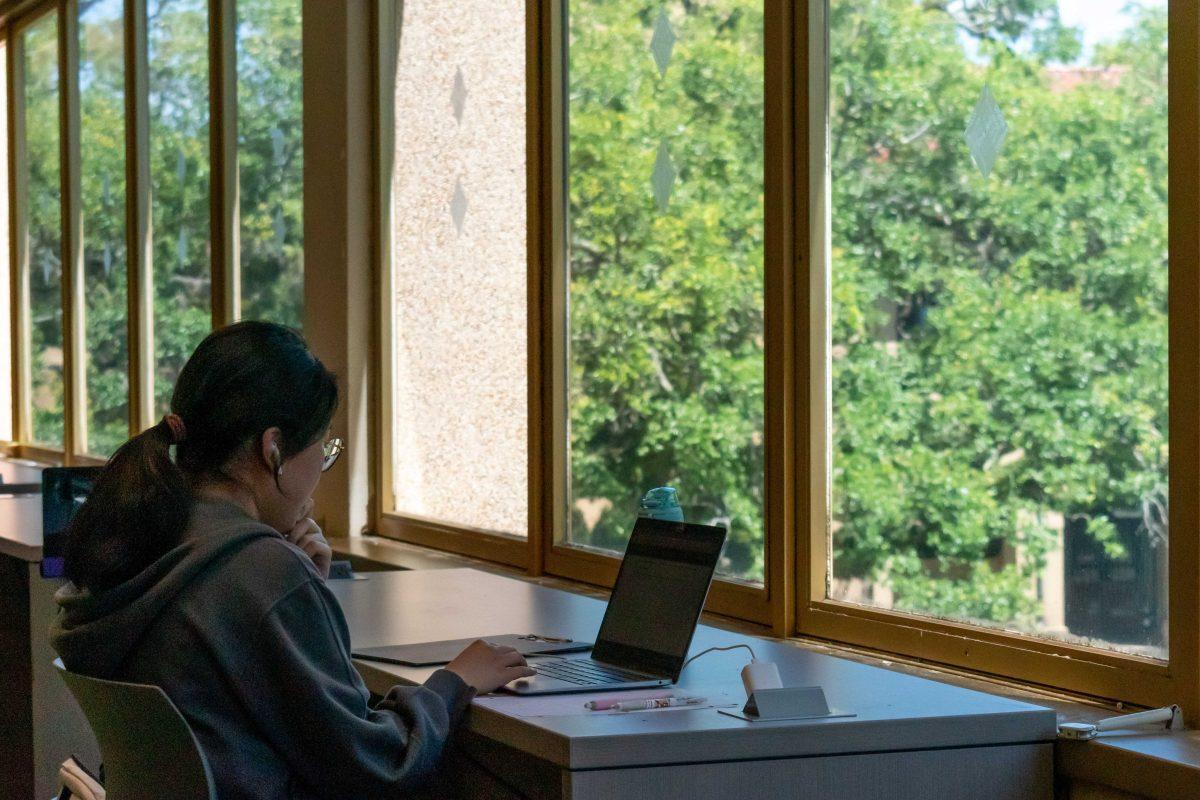We all remember what is was like to be a freshman with a million questions. The Reveille is kicking off its freshmen advice column series as the fall 2022 semester ramps up. You ask, and we’ll answer. All you have to do is fill out this form here.
Though the social aspects of college pose a number of anxieties to incoming freshmen, the reason we’re here — i.e., to get an education — is most often the major stressor. Whether they’ve taken college-level classes or not, many freshmen feel like they’re flailing in the deep end of the pool when they think about starting their coursework.
The transition to college can be difficult, but there’s many people here to help you. Here’s a few tips for starting your college career off right.
Go to class.
One morning, you wake up a little more tired than all the rest. You’re sitting in bed, and you think, “Would it be so bad to skip just one class?”
Maybe skipping one class isn’t so bad, but skipping one makes it a lot easier to skip the rest. For that reason, it’s best to force yourself out of bed everyday, outside certain exceptions like illness or a personal crisis.
Being in class is important for absorbing information and for knowing what’s going on in terms of assignments, content and exams. Not to mention, professors notice empty seats.
Going to class is like going for a run; difficult to start, sometimes bad in the moment, but not often regretted after.
Take advantage of LSU resources.
There are resources at your fingertips to help you succeed academically, most of which are housed in the Center for Academic Success.
When you get the email ding on Sunday night from the Center for academic success, you should read it. The center sends out weekly outlines of relevant resources and advice. There’s everything from the study cycle, to finals planning, to stress reduction techniques. CAS also provides services like supplemental instruction and tutoring. These resources are all free.
CAS is often underutilized, often because people are stubborn and think, “I can handle this on my own.” There’s no shame in reaching out for academic help. College is supposed to be challenging, and these resources are here to help you succeed.
For my STEM peers…
College science classes can be difficult, and they’re meant to be. After all, I’m glad the aerospace engineer designing the plane I’m flying in or the doctor administering me medical care have received rigorous educations.
Most STEM courses can’t be absorbed in a night of cramming (or at least, are better off not). Organic chemistry, for one often dreaded example, takes a tedious plan of attack and consistent studying throughout the semester.
A huge help in staying on track is attending supplemental instruction sessions. If you’re available during SI, you should commit to going whenever possible. Either way, it’s vital to make a consistent study schedule to avoid getting overwhelmed with your course work. Trust me, I’ve been guilty of trying to cram science concepts in my brain at the last minute, and it never ends well academically or mentally.
STEM courses are hard, of course. But making smart investments in time and effort can alleviate your stress and grow your grades.
Get to know your professors.
Talking to college professors can sometimes be intimidating, especially when you’re fresh out of high school.
How do I address them? Am I being annoying? Is this a dumb question?
But you quickly come to realize that professors are not different from any other adult you might talk to on a daily basis. You should address them respectfully, of course, but don’t be afraid to ask them about course content or just about how their day’s going. Take advantage of office hours. Though there are nightmare stories, most professors are friendly and more than happy to help you. After all, I’d imagine they want students to learn and appreciate the subject they’ve spent much of their life studying.
If you’re a freshman reading this just a couple of weeks out from stepping on campus, don’t despair. Think about all the people that came before you and made it out just fine. Look for help around you, and you’ll be sure to find it.
Claire Sullivan is a 19-year-old coastal environmental science and mass communication junior from CT.





